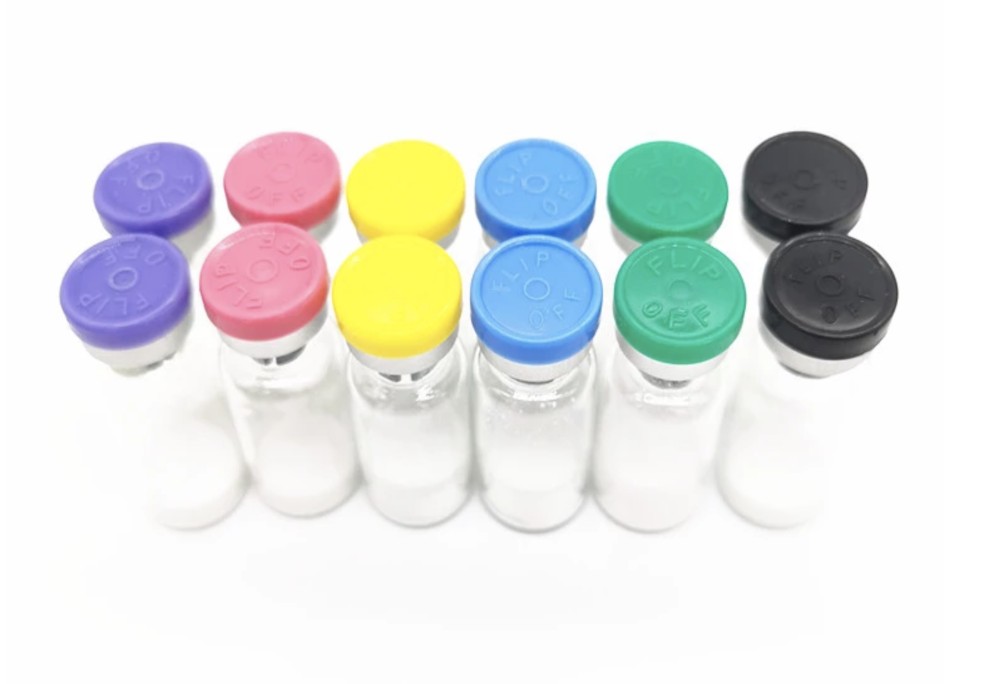Humanin is an endogenous mitochondria-derived peptide that has cytoprotective effects and reduces oxidative stress.Experiments using cultured cells have demonstrated that humanin has both neuroprotective as well as cytoprotective effects and experiments in rodents have found that it has protective effects in Alzheimer's disease models, Huntington's disease models and stroke models. Humanin is proposed to have myriad neuroprotective and cytoprotective effects. Both studies in cells and rodents have both found that administration of humanin or humanin derivatives increases survival and/or physiological parameters in Alzheimer's disease models.
Humanin is a member of a new family of peptides that are encoded by short open reading frames within the mitochondrial genome. It is conserved in animals and is both neuroprotective and cytoprotective. Here we report that in C. elegans the overexpression of humanin is sufficient to increase lifespan, dependent on daf-16/Foxo. Humanin transgenic mice have many phenotypes that overlap with the worm phenotypes and, similar to exogenous humanin treatment, have increased protection against toxic insults. Treating middle-aged mice twice weekly with the potent humanin analogue HNG, humanin improves metabolic healthspan parameters and reduces inflammatory markers. In multiple species, humanin levels generally decline with age, but here we show that levels are surprisingly stable in the naked mole-rat, a model of negligible senescence. Furthermore, in children of centenarians, who are more likely to become centenarians themselves, circulating humanin levels are much greater than age-matched control subjects. Further linking humanin to healthspan, we observe that humanin levels are decreased in human diseases such as Alzheimer's disease and MELAS (Mitochondrial Encephalopathy, Lactic Acidosis, and Stroke-like episodes). Together, these studies are the first to demonstrate that humanin is linked to improved healthspan and increased lifespan.






















